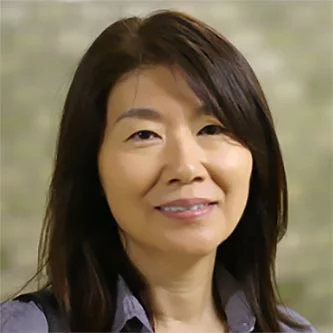Background
My first graduate work in the United States was in Education and Asian Studies. I largely focused on language education and sociolinguistics. My first professional position was at the University of Nebraska-Lincoln (UNL). There, I met some of the over 100 Japanese Americans who were able to escape the “internment” and study at UNL during the war. Their stories inspired me and influenced my future research agenda. Since then I’ve had a few grants to do archival research on the Japanese American or Nikkei experience. While at UNL, I ran Japanese Studies, including overseeing the Kawasaki Reading Room for Japanese Studies. These experiences prepared me for my current position.
Education
- PhD, Education, Purdue University, 1998
- MLIS, Library and Information Science, University of Hawaiʻi at Mānoa, 2011
- MA, East Asian Studies, University of Wisconsin-Madison, 1993
- MEd, Professional Development, University of Wisconsin, 1991
Specializations
Asian studies librarianship, Asian informatics, Japanese American history, library history, and reading and bookstores.
Research
My research interest centers on the roles and impacts of information professionals within social institutions as well as society at large. My research areas include intellectual freedom and human rights of librarians, digital archives and libraries, and e-Government, and comparative analysis on ICTs and society in Asian countries and North America. Presently, my research focuses on the early Japanese immigrants’ experience with reading and libraries in the wider context of print culture. I’m hoping to bring my research streams together to do historical research with a broader brush that highlights the interplay between politics, discrimination, international relations, and our growing respect for basic human rights, including intellectual freedom and cultural heritage preservation. I see these not only as historical academic questions but as important venues for discourse and policy to shape a diverse, sustainable, and transnational citizenship.
